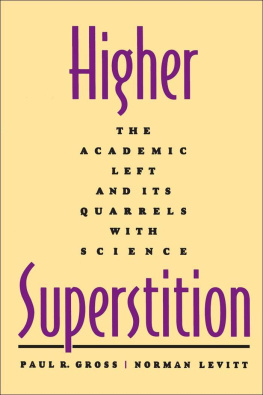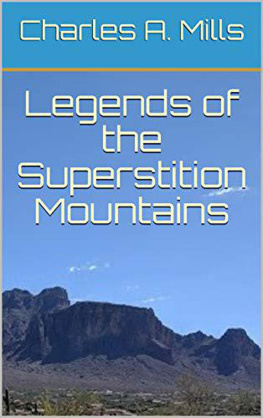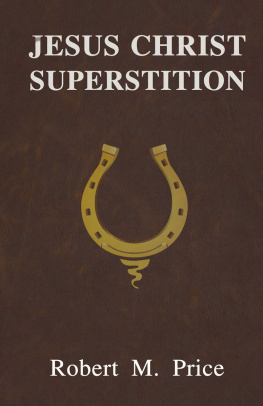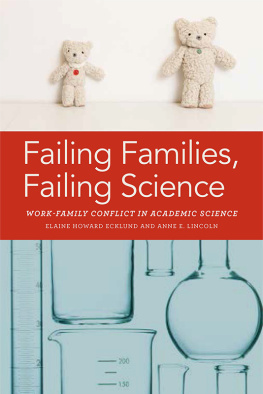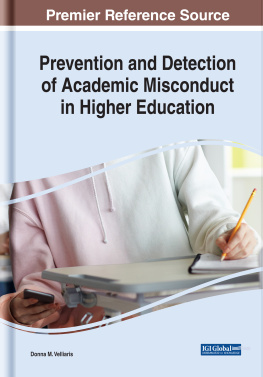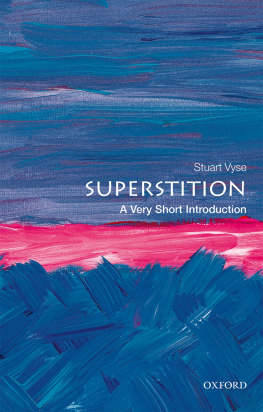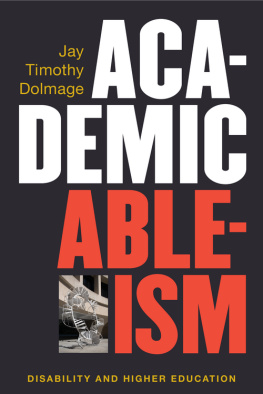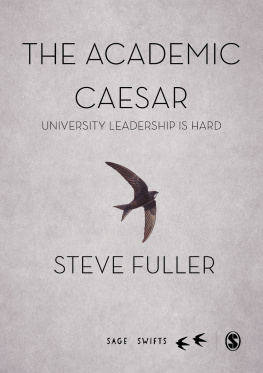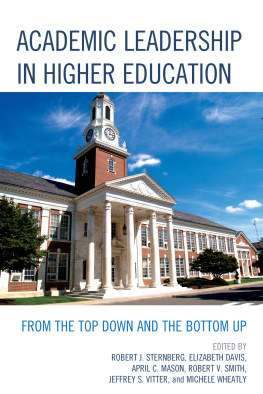Higher Superstition
Higher
Superstition
The Academic Left and
Its Quarrels with Science
PAUL R. GROSS
University of Virginia
NORMAN LEVITT
Rutgers University

1994, 1998 The Johns Hopkins University Press
All rights reserved
Printed in the United States of America on acid-free paper
Johns Hopkins Paperbacks edition, 1998
4 6 8 9 7 5 3
The Johns Hopkins University Press
2715 North Charles Street
Baltimore, Maryland 21218-4363
www.press.jhu.edu
Library of Congress Cataloging-in-Publication Data will be found at the end of this book.
A catalog record for this book is available from the British Library.
LIBRARY OF CONGRESS CATALOGING-IN-PUBLICATION DATA
Gross, Paul R.
Higher superstition: the academic left and its quarrels with science / Paul R. Gross, Norman Levitt.
p. cm.
Includes bibliographical references and index.
ISBN 0-8018-4766-4 (alk. paper)
1. ScienceSocial aspects. 2. Humanities. I. Levitt, N. (Norman), 1943 II. Title.
Q1755G757 1944
500dc20 93-32914
ISBN 0-8018-5707-4 (pbk.)
To our wives, our children, and our students, with gratitude
Contents
Preface to the 1998 Edition
Like most scientists, engineers, and mathematicians, including those who founded the U.S. National Science Foundation and encouraged its social-science programs, we have always valued social analysis of science and its history. We still do. As for anti-science, that is a very old story in our culture. In its accustomed forms, it would hardly have stirred us to take the trouble to study and write about it. The writing of Higher Superstition was undertaken only when it became clear to us, from separate but remarkably similar experiences at our respective universities, that something new and unwelcome had found its way into the academic bloodstream and thence into lecture rooms, journals, books, and faculty chit-chat: the systematic disparagement of modern science. A public response was clearly needed. Even the silliest criticisms of science, dressed up as social analysis, hermeneutics, or emancipatory politics, were going largely unanswered. Neither scientists as individuals, nor scientific organizations, nor scholars within the disciplines whence issued the disparagement, showed any inclination (might it have been any courage?) to rebut the kinds of antiscientific nonsense and flawed scholarship we were encountering in the academy. We didnt know what sort of response the book we considered writing would evoke. In fact, we rather feared, since the argument would necessarily alternate between broad-brushing and technical detail and between polemic and analysis, that it would slip unremarked from new release to backlist to remainder without stirring much interest one way or the other.
The fear turned out to be groundless: it was dispelled by astonishing numbers of allies and opponents promptly having their say in conferences, seminars, journals, and on the internet. We found ourselves in the eye of a storm generated by the book. Predictably enough, in the flood of reviews, most of those from scientists were strongly positive, while most of the antagonism came from the science-critique academic subculture and its allies. Interestingly, however, some of the most hostile criticism appeared in journals affiliated with the scientific community, which lent their pages (as they have been doing for some time) to anxious apologists for the antiscientific, pseudo-sociological fads that are the subject of this book. It was lauded in some conservative journals of opinion despite our disclaimer of any wish to advance conservative political causesor indeed any political program. Most of the indignant huffing and puffing came from the circled wagons of what we called, with repeated misgivings, the academic left, which tried to encourage the perception that we are deep-dyed conservatives (closeted or otherwise) pursuing reactionary agenda, and protecting our fat research grants.
As it happened, the instinctive dislike of science that lurks historically in the conservative woodwork was mostly dormant when we wrote the book. Since then it seems to have begun scratching again, in the form of new denunciations of Darwinism (which is not to suggest that there is no anti-Darwinism on the left). If, therefore, we were writing this book ab ovo, the academic right would have to join the academic left in its subtitle and there would have to be a chapter on Intelligent Design Theory. Indeed, right and left are curiously united on these issues, with leftist adherents of identity politics just as comfortable with the doctrine of special creationin its Native American versionas are rightist defenders of biblical orthodoxy. We know at least one public incident in which a senior and greatly esteemed member of the science studies establishment, fashionably leftist in most respects, defended the right of fundamentalist school boards to mandate the teaching of creationism in science classrooms. Apparently, for her (a noted scholar not mentioned in our original text), the intrusion of religion into the science classroom is less troubling than the idea that natural science gets at truths about nature that transcend socio-cultural particulars.
For us, however, the greatest surprises have been pleasant ones. Chief among them was the international uproar occasioned by the publication of Alan Sokals now-famous hoax, Transgressing the Boundaries: The Transformative Hermeneutics of Quantum Gravity, in the trendy cultural studies journal Social Text. The ongoing saga of Sokals pleasantry is instructive on several levels. The joke arose from Sokals reading of our book. Originally, as a principled leftist, he suspected that we two might be conservatives as charged, advancing antiliberal agenda under the pretext of defending science. However, he ultimately found much of our argument persuasive. In fact, his own researches convinced him that we had in some respects understated the case. His dismay at the clear evidence that a once-vigorous intellectual tradition of radical dissent is slipping into irrationality prompted him to put aside physics for a few weeks in the fall of 1994 in order to compose his delightful parody. It was submitted to Social Text, in all apparent seriousness, early that winter. Unknown to Sokal at the time, that publication, under the leadership of Prof. Andrew Ross (see ), was preparing a special issue on what it dubbed the science wars. The intention was to vindicate assorted poststructuralist, multicultural, and feminist critiques of science and to denounce their critics, most notably the depraved Gross and Levitt. Sokals piece, with its seconding and fulsome praise of such intentions, was snapped up by the editors.
The tainted issue appeared in due course (May 1996), Sokals revelation of the hoax appeared a few days later in Lingua Franca, and then all hell broke loose. Predictably, some conservatives crowed, citing the Sokal Text affair as further proof that left-wing sympathies equate to outright dementia (notwithstanding Sokals own leftist views). But the reaction of a large number of left-intellectuals was more lasting and perhaps more significant for the academy. Sokals hoax brought into the open a widespread reaction, years in the making, against the sesquipedalian posturings of postmodern theory and the futility of the identity politics that so often travels with it. Cutting-edge celebrities, long used to dictating the tone of political discussion in progressive circles, suddenly found themselves on the hot seat. As of this writing, the recriminations continue with no sign of abatement.
Next page
